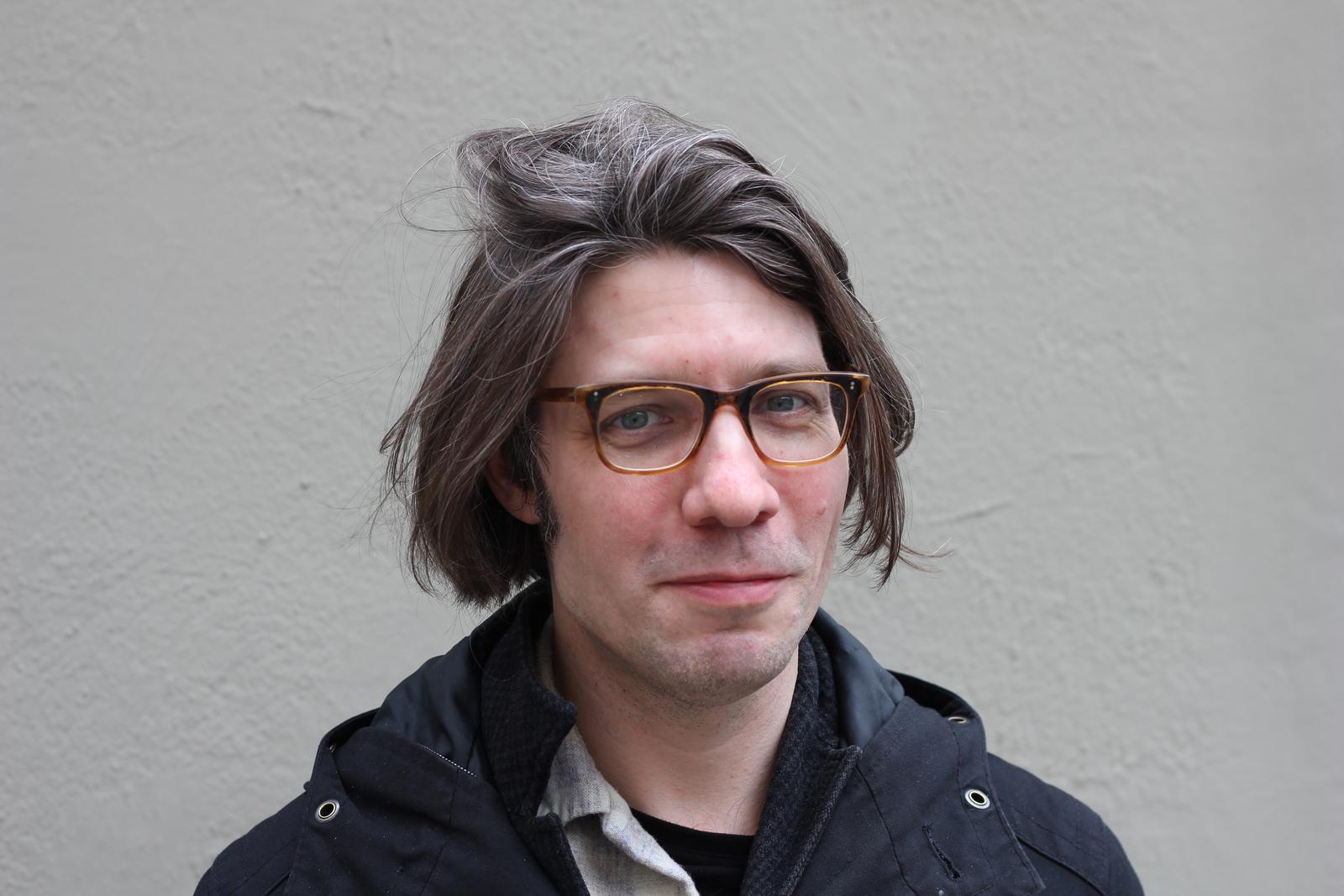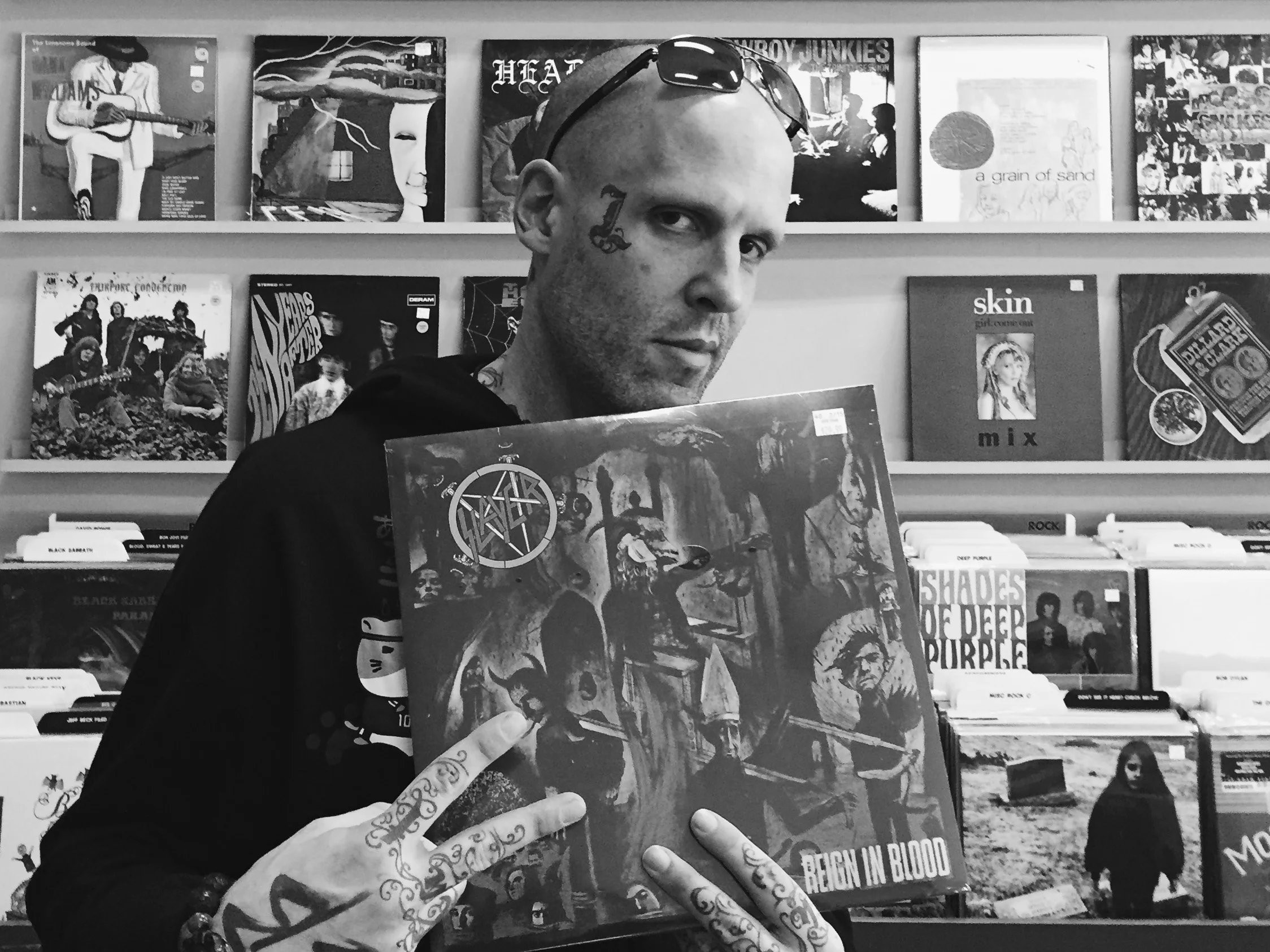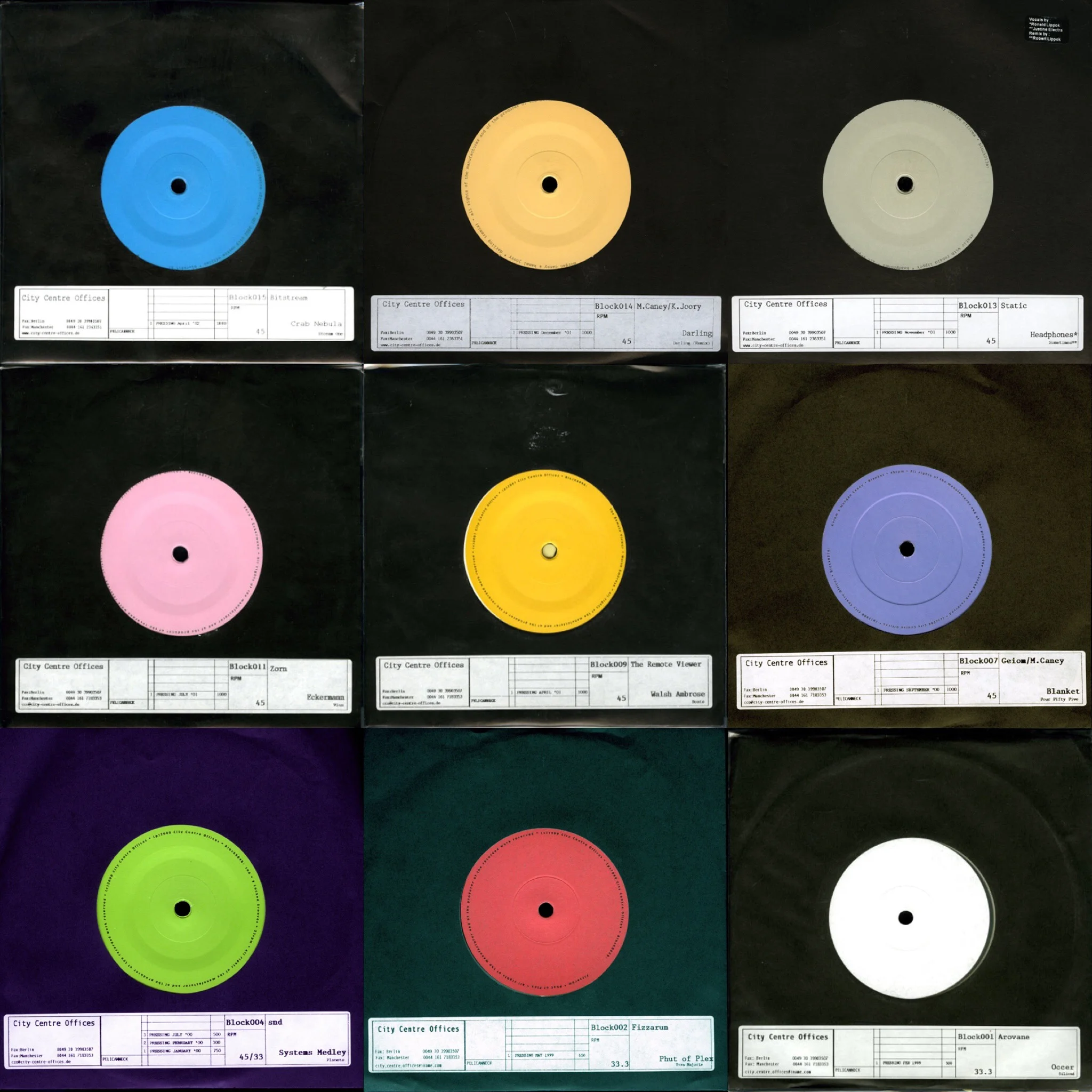First off, I’ve never had so much fun compiling a mix. Limitations really do help focus. But as soon as I had the idea and began strategizing how to go about it, I didn’t realize what I was getting into. I ended up in Psychedelic Rock Youtube rabbit holes, reading forums from the 1990’s that no longer worked in a browser; downloading .txt files from KLF obsessives; listening to the album on repeat, again and again. It was brilliant. And I urge anyone to do the same to truly understand a piece of music and go deep on something you enjoy. This album is the Holy Grail for many of us, and is without a doubt in my top 10 of all time. It’s at least one of my most played albums due to its inclusion as a regular bedtime routine (despite my wife asking why she can hear sheep noises and then continuing to freak out).
To reinterpret The KLF’s Chill Out, might be similar to many peoples polarizing opinions on remixes. Most of the time (and I often agree), it shouldn’t even be messed with. But, what’s interesting with Chill Out, is that it’s as much a DJ mix as it is piece of music. The line between producer and DJ is blurred. Apart from a couple of (soon to then be) popular KLF tunes in the latter half of the album, the majority of the recording is improvised sessions pulled together and re-recorded live, alongside a wealth of samples ranging from Elvis Presley, 808 State, Fleetwood Mac, trains, chanting and radio announcements. On hindsight after digging into this further than ever before, I started to wonder how this album is even any good. There’s crazy people shouting in the background and loud vehicles rushing past. How is this Chill-out? Well it is, and it’s a genius, landmark piece of work.
If you’ve got this far and have no idea what I’m talking about, then go listen to the original before going any further. That’s a large point of this piece - to hold in high regard one of the best electronic albums of all time, and like all of the Portal’s features, add my own deeper story and perspective to it.
Chill Out was pioneering in approach. Completed by mad-scientists Jimmy Cauty and Bill Drummond, who later went on to burn a million pounds, it was arguably the first time an entire album was thought of as one meandering journey with samples at the core. Eno was doing long-form ambient, but he certainly didn’t have the sheep. It was 1990. People got high listening to this (proven after digging into the forums and Youtube comments), came-down on this, or reflected on times when they were high and subsequently reached all kinds of new dimensions. There’s a reason those sheep, Tuvan throat singers and mad radio presenters are in here - they're moments you don’t expect, whilst at the same time depicting a vivid new (or old, or imagined) world - a world that is often attributed as a road-trip across the USA. That’s the very reason why the best Ambient music (and Chill-out in its earliest forms) are so powerful. The music transports you.
You could argue this album is just as relevant today than it was back in 1990. It’s no secret that The KLF were rebelling against a society and its norms, and this album was the gift they gave to everyone else suffering at the same time. The idea of a rave society as a form of rebellion was reaching its peak, and where raves existed, often too the come-down and the chill-out room. The album is peppered with political, likely subliminal messaging and samples. It would be easy to slip into a 2019 version of this - it basically writes itself with the crazy political world of 2019, but I chose not to take that route.
The overall idea for this mix has been in my head for a few years now. I got to the point where I decided to try and capture all new field recordings and maybe one day, actually make some music to accompany them. As it turns out, that was way too ambitious. I ended up staying as close to the original album as I could with the premise of not lifting anything from it. I laid the original album down as one track in Ableton, and then started adding music and moments in parallel, eventually removing the original album completely. The tracks I chose vary from classic pieces, to slightly more obscure, and some even released within the past few months.
The end result is a similarly timed and themed reinterpretation of the overall concept, with completely new music and samples. Just two small moments in here use the same sample that ended up in the original KLF recording (as much as we can only assume), but they are used slightly differently in this version. See if you can spot them. After completing the mix, I ended up reading the Discogs listing which does a good job describing the concept of the album, a concept I had coincidentally tried to adhere to.
"Chill Out is a single continuous musical piece having many distinctive sections, each of which either segues into or introduces the next. The album as a whole is a progression, with percussion gradually introduced during the second half. "
"The album has many recurring musical elements, which unify and merge the parts into the collective whole. Common characteristics of most parts include ethereal background synthesizers, the use of echo and pitch bend, samples of nature and transport, and the punctuation of soft synthesizer loops by sudden flourishes of harmonious sound.” - Discogs
I had to stop myself getting meta with the interpretation and remind myself to zoom out every now and then and build this as an enjoyable mix. I could have - in theory - copied every single moment down to a tee with a new or similar sound, but there were some moments that I enjoyed the flow and let it continue. There were moments from the original album that, when taken out of context, you could never even start to replicate in any way. And then there were some that seemed to be reflected nicely with a new piece of music.
Is it as good as the original? No way.
Is it meant for sleeping? Give it a try.
Are there sheep? Not as you know them.
Is this sacrilege? To many of us, maybe.
But so is burning a million pounds 😉
‘Tracklist’
For the best experience, I would suggest listening without looking at the track list first. If you knew what was coming in the original album, would it have been as fun?!
Tracks are listed below in (very) rough order in which they first play. Most of the time 4/5 tracks are playing at the same time. Many tracks are used multiple times at different points in the mix. Plus there are other small samples used that were changed from existence and not listed below.
…
Keep going…
Keep going…
Ourson - Calm Mountain Night
Bartosz Kruczyński - Pastoral Sequences
Ourson - Mountain, Bird, Boo
Chris Watson - El Divisadero
Saariselka - Ceres
Markus Guentner - Sparks
Oneohtrix Point Never - Immanence
The Chi Factory - Part One
Fedor Tau Steppe Kargiraa
Markus Guentner - Express Yourself
Bochum Welt - Canyon Drive
Ernest Hood - Gloaming
Boards of Canada - Dave (I’m a real traditionalist)
Ernest Hood - From The Bluff
Tongues of Light - Healing Side
Priori - 2see
Klimek - Milk and Honey
Akis - The Powers of Pi
Boreal Massif - Weather In August
Heavenly Music Corporation - Cloudless Light
Boreal Network - Cumulonimbus
Ex-Terrestrial - Water Walk
The KLF - Snub TV interview
Bartosz Kruczyński - V
Perishing Thirst - Boshing So High
808 State - In Yer Face (Bicep Remix)
Leo Anibaldi - Universal
Boards of Canada - Ready Let’s Go
Boreal Network - Viewers Like You
Stranger On The Shore - Acker Bilk
Boards of Canada - Apparatus























